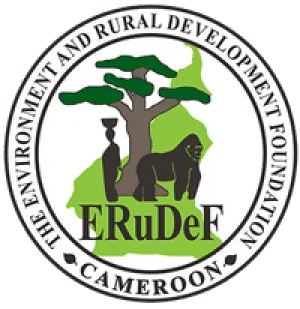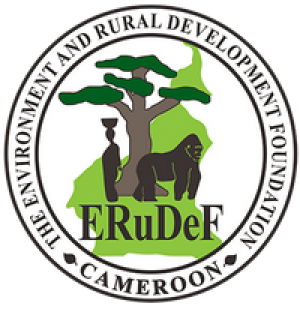January 2nd 2021 was commemorated as World Wetlands Day. Commemorated under the theme “Wetlands and water”, wetlands are a very important ecosystem that has unfortunately continue to experience unprecedented depletion. The theme for this year underscores the importance of wetlands as a source of fresh water and encourages efforts to restore them and halt their continuous loss. ERuDeF, just like any other conservation actor is concerned about the rapid degradation and loss of wetlands. According to a UNEP report, Cameroon’s mangrove area dropped from about 272 000 ha in 1980 to about 195 000 ha in 2005, a reduction of about 30 percent over a period of 25 years. This implies that 2 500 ha of mangrove is lost every year. About 300 million-400 million people worldwide live by, and depend on wetlands. Despite this dependence, half of the world’s wetlands have disappeared since the 1900 according to a report by World Wildlife Fund, (WWF).
Cameroon is a signatory to the Ramsar Convention, an intergovernmental treaty that provides the framework for national action and international cooperation for the conservation and sustainable use of wetlands and their resources. Though efforts have been made by the government of Cameroon and other conservation actors in Cameroon to protect and preserve wetlands, these efforts have largely been thwarted by human activities. The unsustainable harvesting of fresh water resources including over fishing poses a big threat to this ecosystem. The practice of wetlands recovery for human activities such as construction is on a steady rise. This practice is not only unfriendly but completely violates domestic laws and thwarts Cameroon’s commitment with the rest of the world in protecting and preserving wetlands. In 2017, Cameroon’s Minister of Environment, Nature Protection and Sustainable Development, Helle Pierre, called on Cameroonians constructing on wetlands to stop the practice. The call seemed to have failed on deaf ears as the practice still continued unperturbed.
Aware of the threats posed on wetlands, the Environment and Rural Development Foundation developed a programme known as the Fresh Water and Marine Ecosystem Programme to tackle the threats posed on wetlands and its resources. This programme aims to achieve the following: The proposed Ndongere Marine National Park and 7 Mangrove Community Forests will be created and managed, at least 1 million mangrove trees planted to restore degraded mangrove forests and 2 million indigenous trees planted to restore degraded riparian forests.
In collaboration with government of Cameroon and the the United Nations Environment Program ERuDeF has been part of the project titled “Participative Integrated Ecosystem Services Management Plans for Bakassi Post Conflict Ecosystems”. “ERuDeF will not relent its efforts in protecting and conserving wetlands, we have designed long term programs, spanning a period of 15 years that will tackle conservation issues including the conservation and protection of Wetlands” the President and CEO remarked
While we laud the efforts of the Cameroon government in protecting wetlands, more needs to be done. Existing laws on the protection of wetlands need to be enforced to the later. Maximum intergovernmental collaboration in protecting and preserving wetlands especially in the Bakassi Peninsula should be continuously perused. National and international environmental NGOs needs to increase collaboration and involvement of the local population in protecting these fragile ecosystems.

